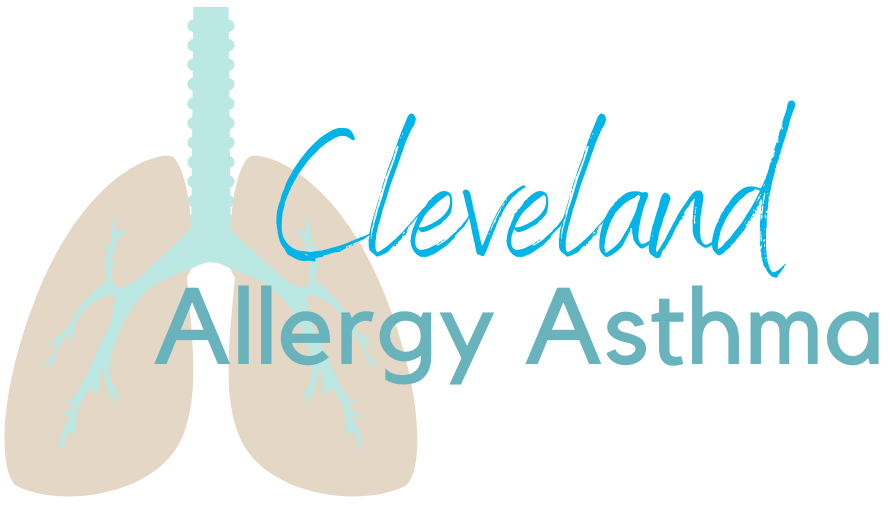What You Should Know About Allergy & Asthma
Common Facts About Allergies
- Allergies are a common condition that affects millions of people worldwide.
- Allergies occur when the immune system overreacts to a harmless substance, such as pollen, dust, or certain foods.
- Common symptoms of allergies include sneezing, itching, runny nose, congestion, hives, and swelling.
- Allergies can be seasonal or year-round, depending on the trigger.
- Allergies can be diagnosed through skin testing, blood testing, or elimination diets.
- Treatment for allergies may include antihistamines, decongestants, or allergy shots.
- Severe allergic reactions, known as anaphylaxis, can be life-threatening and require immediate medical attention.
- It is important for people with allergies to avoid their triggers and to carry emergency medication, such as an epinephrine auto-injector, in case of a severe reaction.
- If left untreated, allergies can trigger asthma attacks, inflammation in the sinuses, eczema flare ups, fatigue, sleep disturbances, and more.
Common Facts About Asthma
- Asthma is a chronic respiratory disease that affects the airways in the lungs.
- Asthma causes inflammation and narrowing of the airways, making it difficult to breathe.
- Asthma can be triggered by various factors such as allergens, irritants, exercise, and infections.
- Common symptoms of asthma include wheezing, coughing, chest tightness, and shortness of breath.
- Asthma can be managed with medications, such as bronchodilators and corticosteroids, as well as lifestyle changes, such as avoiding triggers and quitting smoking.
- Asthma affects people of all ages, but it often starts in childhood.
- Asthma can be life-threatening in severe cases, and it is important for individuals with asthma to have an emergency action plan in place.
- There is no cure for asthma, but with proper management, most people with asthma can lead a normal and active life.
Common Facts About Uticaria (Hives)
- Urticaria is a skin condition characterized by raised, itchy, and red welts on the skin.
- Hives can be caused by an allergic reaction to food, medication, insect bites, or physical factors such as heat, cold, or pressure.
- In some cases, hives can be a symptom of an underlying medical condition, such as an autoimmune disorder or thyroid disease.
- Urticaria can be acute, lasting for a few hours to several days, or chronic, lasting for more than six weeks.
- Treatment for hives may include antihistamines, corticosteroids, or other medications to relieve itching and inflammation.
- Avoiding triggers such as certain foods or environmental factors can also help prevent hives from occurring.
Common Facts About Eczema
- Eczema is a chronic skin condition that causes inflammation and itching.
- Eczema also known as atopic dermatitis.
- Eczema can occur at any age, but it is most common in children.
- The exact cause of eczema is unknown, but it is believed to be a combination of genetic and environmental factors.
- There is no cure for eczema, but it can be managed through proper treatment and care.
- Symptoms of eczema can include red, itchy, and dry skin, as well as blisters, oozing, and crusting.
- Eczema can be triggered by a variety of factors, including stress, allergies, irritants, and temperature changes.
- Treatment for eczema may include topical creams and ointments, oral medications, and lifestyle changes, such as avoiding triggers and practicing good skin care.
Got a question about allergies, asthma, hives, or other common conditions? Call (440) 845-7272 today!
